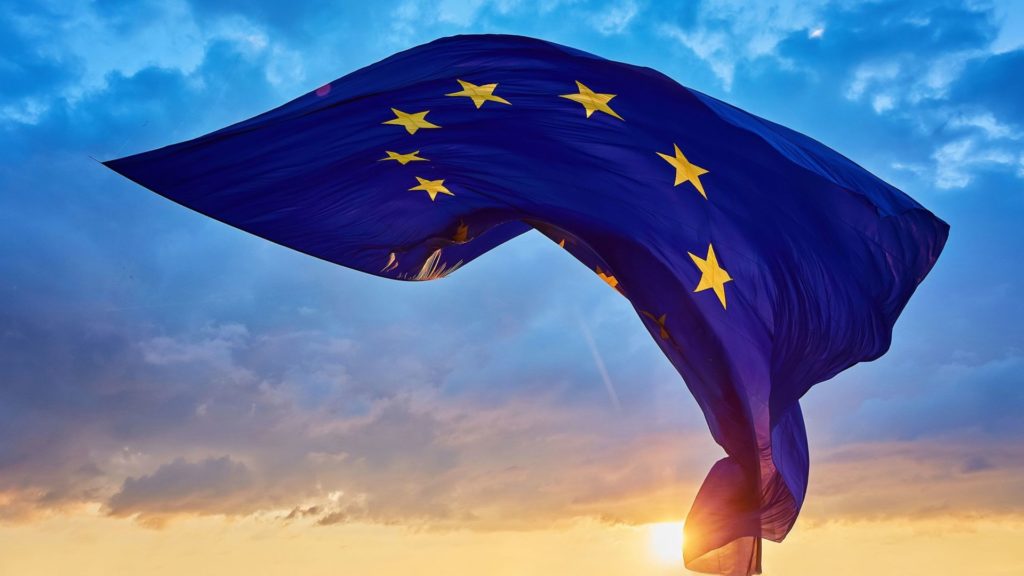The pandemic has brought a human tragedy to many citizens and their families all over the globe.
According to data provided by ECDC, on April 15, Europe registered 894,537 cases. The five countries reporting most cases are Spain (172, 541), Italy (162, 488), Germany (127,584), France (103, 573), and United Kingdom (93, 873), with 83, 043 deaths.
The five countries reporting most deaths are Italy (21, 069), Spain (18, 056), France (15, 729), United Kingdom (12, 107), and Belgium (4, 157).
In recent weeks, the Commission has taken steps to provide Member States with all the flexibility they need to financially support their health systems, businesses, and workers, to purchase medical equipment for hospitals, to make sure goods and food are reaching citizens across EU borders, supported the repatriation of EU citizens to their home countries or allocated funds for the development of a vaccine.
However, the initial inability of the Members States to act collectively prolonged the containment of the virus and extended its impact on the well-being of people and the economy of the Union.
The European Union and its Member States have the collective resources to fight the pandemic and its consequences, but only when cooperating in unity. Member States must understand that cooperation, confidence, and solidarity represent the only way to succeed in overcoming this crisis.
This virus closed borders and shut economies down. It wiped around 1 trillion from the EU’s economic output this year.
While reaching an agreement, after three days of negotiations, to unlock a 540 billion euro package to stop the virus from destroying the EU’s economy, it is imperative; more needs to be done.
There is a need for a massive recovery and reconstruction package for investment to support the European economy after the crisis, excepting what is already done by the European Investment Bank and the European Central Bank or through the European Stability Mechanism.
The new proposal should be oriented to future investments and be part of an increased MFF.
The new MFF must reach a quick agreement adding to it a more flexible and straightforward space for maneuver when it comes to using funds in response to natural hazards such as this crisis.
After this substantial sanitary shock, the EU must revive its industry. A strengthened strategy to improve the production of medicines, protective equipment and materials, medical devices, and preventive sanitation supplies such as disinfectants, must be taken into account as soon as possible.
SMEs must be supported to maintain jobs and manage their liquidity, in addition to SURE initiative, by reducing red tape, costs for access to finance, and by fostering investments in strategic value chains, at least for a while.
The recovery should be based on upward social-economic convergence, social dialogue, and improved social rights and working conditions with targeted measures for those in precarious forms of work.
Attention must also be paid to the most vulnerable: the elderly, homeless, people with disabilities, ethnic minorities, people from isolated regions, migrants, people at risk of poverty or social exclusion, who suffer and will suffer the most from the economic effects of the pandemic.
A comprehensive EU Emergency Fund, taking into account the immediate needs of the most vulnerable, must be part of the future coordinated responses of the EU institutions to the pandemic.
As many countries might face a deficit of food supply, measures in favor of the agriculture and food sector, through liquidity support via the pre-payment, flexibility in the management of aid schemes, and in the submission of claims for the farmers, must be supported after the crisis, too.
On the other hand, racism and hate speech must be strongly condemned as we cannot answer to a crisis with another crisis. Scapegoating different ethnic groups for the spread of the virus is a stupid thing to do, and it will not help us overcome the crisis.
The pandemic knows no borders or ideologies. It requires cooperation and solidarity of the entire European community. The EU entered a good path and the Members States must put apart their differences and act in solidarity for the general interest of the Union.
A moment of reflection is more than needed, especially on how to become more productive and democratic in times of crisis.
By Marius Tudor
Political adviser at the European Parliament


